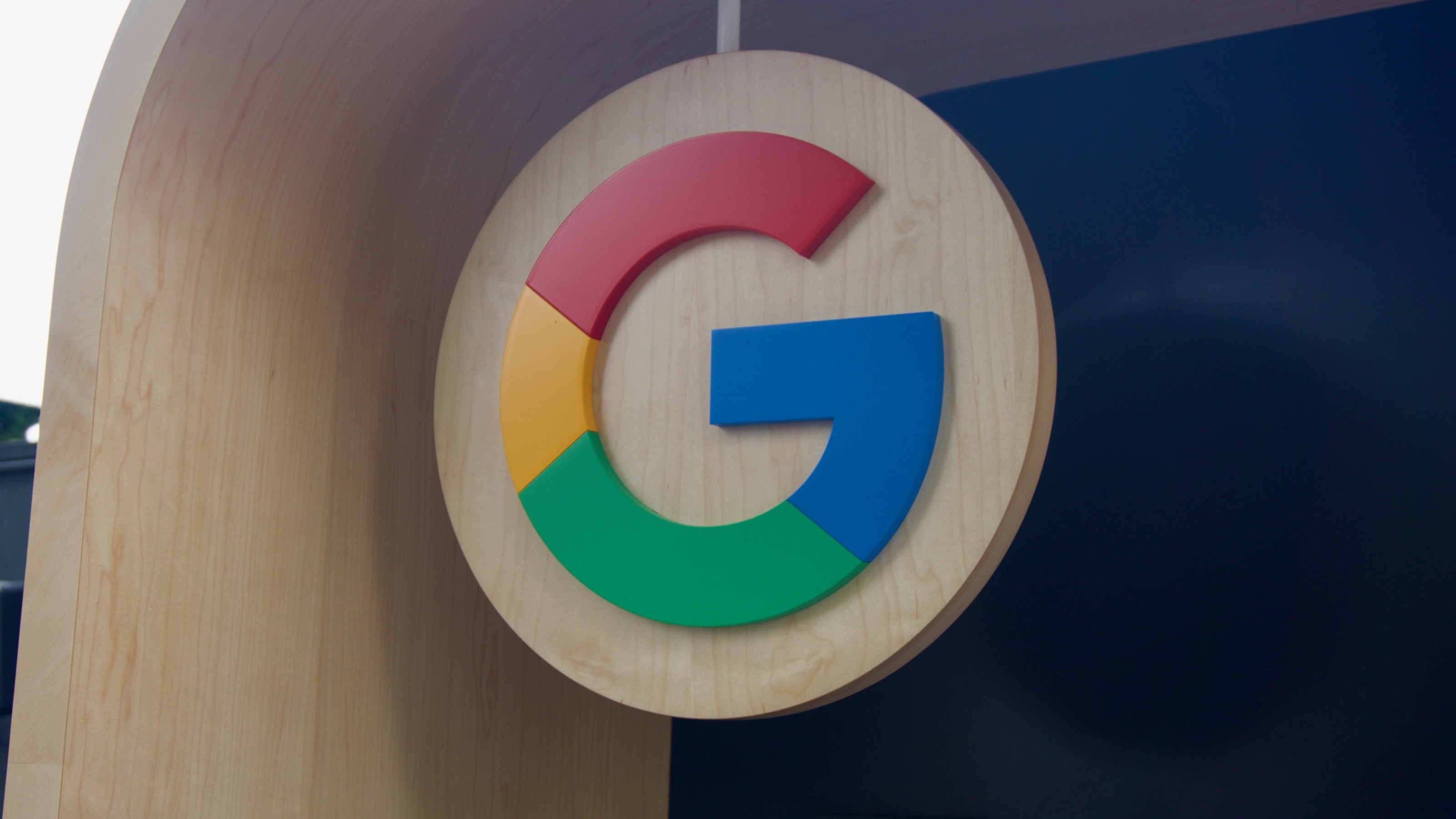
What you need to know
- A report states that the U.S. Department of Justice (DOJ) is "considering" a few options when it comes to Google and its illegal search monopoly ruling.
- The DOJ may move to break the company up, pushing it to divest Android and Chrome, or may look to have it share more data with the competition.
- A judge ruled that Google acted "illegally" to retain its power over the search market, turning it into a monopoly in the service.
The U.S. Department of Justice (DOJ) is reportedly "considering" if it should break up Google following the illegal search monopoly ruling. In a Bloomberg report, the DOJ reportedly looks at two potential divestments.
According to those close to the subject, if the DOJ continues this idea, it will push Google to divest its Android operating system. Such a move was formed due to Judge Amit P. Mehta's findings during the initial ruling. It was discovered that Google requires smartphone and other device makers to "sign an agreement" before receiving access to Gmail and the Play Store.
The other side of the divestment includes Google Chrome, which sources claim is included in the agreement OEMs must sign.
Instead of divesting, the DOJ may offer a more lenient option, such as pushing Google to share its search data with the competition. Such competitors include Microsoft (Bing), DuckDuckGo, and more. The publication states that Google's stronghold over search provides it with "16 times" more data than the competition — while also gatekeeping that data to pad its lead over them.
Nothing is set in stone regarding the DOJ's potential shift to break up Google's hold in several areas.
However, it seems that Judge Mehta will have to accept any desired plans from the U.S. government before forcing Google to comply. As Bloomberg notes, the decision to break apart Google would cement itself as the largest move involving antitrust since AT&T and the infamous "Baby Bells" in 1984.
Android Central reached out to Google for any information about the current DOJ report. The company declined to comment on the ongoing process following the ruling.

Earlier in August, a landmark ruling was brought down upon Google by Judge Amit P. Mehta who found that the company acted "illegally" to maintain a monopoly in search. Mehta stated Google enacted "shrewd business decisions" to obtain and retain the top spot on search over the competition. The 298-page ruling detailed Google's exchange with companies such as Apple to ensure it debuts as the default search engine on their devices.
It was found that Google made up 95% of the search market share in 2020, leaving Microsoft's Bing to make up the remaining 5%.
Google has had a long history with the U.S. Department of Justice. In 2020, the DOJ launched an antitrust investigation into the company due to its go-to status for search. Elsewhere, the idea of Google seemingly paying Apple a substantial amount of money to become its default search engine was a topic discussed in 2021.
It was rumored that Google might've offered $15 million to Apple to become the default service its users see.







